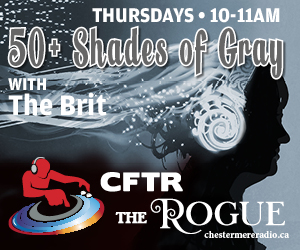Families are complex. If you’ve celebrated Christmas this week with your extended family, or chose to avoid them this time of year, then you likely had to navigate the complex messiness of it all. There is history, pain, nostalgia, fun, love, and more all wrapped together when we connect with our families. Each year I hear stories of broken families who ache at the thought of coming together around the Christmas tree. Others hold out all hope that this year will be better, and that a certain someone will make good choices. Why is it all so complex?
There is a tricky pattern that emerge this week and it plays out in many families over Christmas. We may suddenly experience a world of spoken and unspoken rules when we get together with our families. Is your aunt always in the kitchen? Is grandpa sitting with a beer by fire? Is dad getting angry? Is mom sad? These are often the result of rules and roles and magically appear each time a certain group gets together. Even if we don’t like the rules and patterns we experience, we still turn to them. How we open gifts, hang stockings, how we tell jokes, what we talk about, and when we plan meals all emerge out of a set of rules to help keep the order. Or so we believe.
Family dynamics are even more complex than a list of unspoken rules and traditions. Ronald Richardson says that anxiety plays a major role in how we respond to each other. He says that we naturally want to smooth out differences in our families. We prefer to find similarities and known patterns. So when Christmas comes around, we are confronted with a myriad of differences that spill over. To respond to these differences, we work to contain or control others. This anxious control elicits four responses, some of them you’ll see in your family this Christmas season.
First, some family members will comply and try to do what they are told. Really, they put on a brave face and cover up, but there may not be peace on the inside. Secondly, some might rebel. Doing the opposite is a way of holding on to control. Thirdly, some attack. Strange battles over small things emerge as one family member tries to one-up another. Fourthly, some cut-off. They retreat to a corner, leave the room, or zone out with a TV. Have you experienced any of these this Christmas?
In the midst of complexity there is a way to move forward. We begin by realizing that we often respond out of our need to control or our fear of anxiety. When we identify those feelings, we can stop and take a moment to see our situation more clearly. When we do this we can begin to see others, and ourselves, with more grace. We don’t need to make others comply, we don’t need to fight, and we are free to be ourselves with all our warts and quirky characteristics. Healthy families care for each other from a place of non-anxious unconditional high regard. In other words, they learn to love well.
Christmas is a hard season, there is no denying it. But it is in the rub of family dynamics that we get to test out the love that we celebrate with the birth of Jesus. When you aim to cede your control over others, live in trust, and love your family well, you are celebrating Christmas.
May your Christmas season be full of family moments that lead down new pathways of hope, peace, joy, and love. Merry Christmas.







